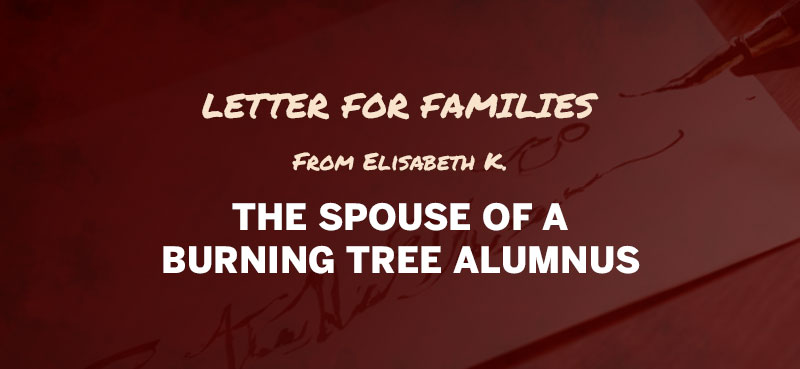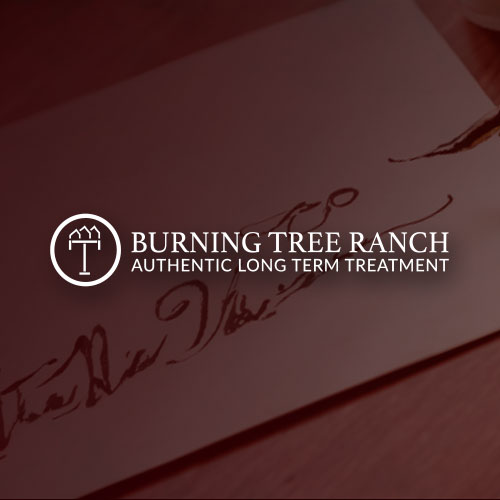
Dear Families,
I once heard a speaker talk about sitting in front of the ocean and trying to stop the waves from crashing on the shore – that this is what powerlessness felt like. While the speaker was talking about their drinking and powerlessness over alcohol, I could relate to what he was saying.
I was powerless over someone else’s drinking, and while I tried so hard to stop them, the waves kept coming and coming, no matter what I did or how hard I tried. It was only when I gave up trying to be the solution, trying to be their solution, that things changed.
“I was powerless over someone else’s drinking, and while I tried so hard to stop them, the waves kept coming and coming.”
They say the things you focus on become your higher power. My husband and his disease was my higher power. I was addicted to fixing him – if only he would stop drinking I would be OK, everything would be OK.
I was vigilant – watching his every move and behavior – so attuned to his drinking that I knew what to expect of him simply by the level of liquid in the bottle. I tried everything to get him sober and in my heart, I knew I could find the right words to get him to stop drinking so I talked to him all the time.
Enabling, manipulating, bargaining, judgment, rescuing, punishment, retaliation – this was the language of our relationship.
My life was solely focused on getting him to stop and the misery of what it was like when he kept drinking. I took responsibility for his drinking: “If I were smarter, prettier, more successful he wouldn’t drink.” I judged and condemned him for his drinking: “He’s the one with the problem and if he’d just get it together we would be fine”. We were both lost in his alcoholism.
“Enabling, manipulating, bargaining, judgment, rescuing, punishment, retaliation - this was the language of our relationship.”
The more I tried to fix him the farther away that possibility became. The more afraid I was to lose him, the farther gone he was. I often wondered where we had gone – the two people with so much hope and promise that were standing at the altar the day we got married – they were lost.
My strength and hope was in Alanon. There I learned that I didn’t cause it, I can’t control it and I can’t cure it. I learned that the disease is a family disease and often the behavior of the non-drinker is crazier than the behavior of the drinker (while I didn’t like the idea, it was true in my case). I learned to separate the disease of alcoholism from the person so that I could hate the disease, but love the person.
“I learned to separate the disease of alcoholism from the person so that I could hate the disease, but love the person.”
I learned that I could love, understand, encourage and support without enabling. I learned that I wasn’t alone. I connected with a higher power. In reading Al Anon literature and the big book, I found us, my husband and me, among the pages of those books.
I listened to open AA speakers and learned compassion born of understanding. And I learned that I was not equipped to help my husband – that I couldn’t make him stop drinking and that his recovery was his business and my recovery was mine.
By the time he reached Burning Tree Ranch, we were both in a state of surrender. I had given up – I knew that I couldn’t fix him, but I also knew that I couldn’t bear to see him suffer. I laid down my sword and followed the direction of the Burning Tree staff – it was a Step 3 moment.
“By the time he reached Burning Tree Ranch, we were both in a state of surrender. I had given up - I knew that I couldn’t fix him, but I also knew that I couldn’t bear to see him suffer.”
I was relieved that he was safe, but knew that the work he had to do was his work, not mine and left him to the process, the counselors and experts at Burning Tree.
I respected the rules and did what was asked of me. I knew that I had already lost him and it was only in surrendering him to the Burning Tree program that we had a chance of coming together again. When he embarked on his journey at BTR, we had been married 13 years. We are about to celebrate our 31st anniversary.
BTR gave us a new start – when he graduated, we became newlyweds – starting our life together over.
“BTR gave us a new start - when he graduated, we became newlyweds - starting our life together over.”
It was strange at first, almost like we had never met even thought we had been married for well over a decade, but BTR and the programs of Alcoholics Anonymous and Al-Anon gave us the tools and language to (re)build our life together – grounded in recovery and speaking the language of the heart.
With Gratitude,
Elisabeth K
Spouse of a Burning Tree Ranch Alumnus





